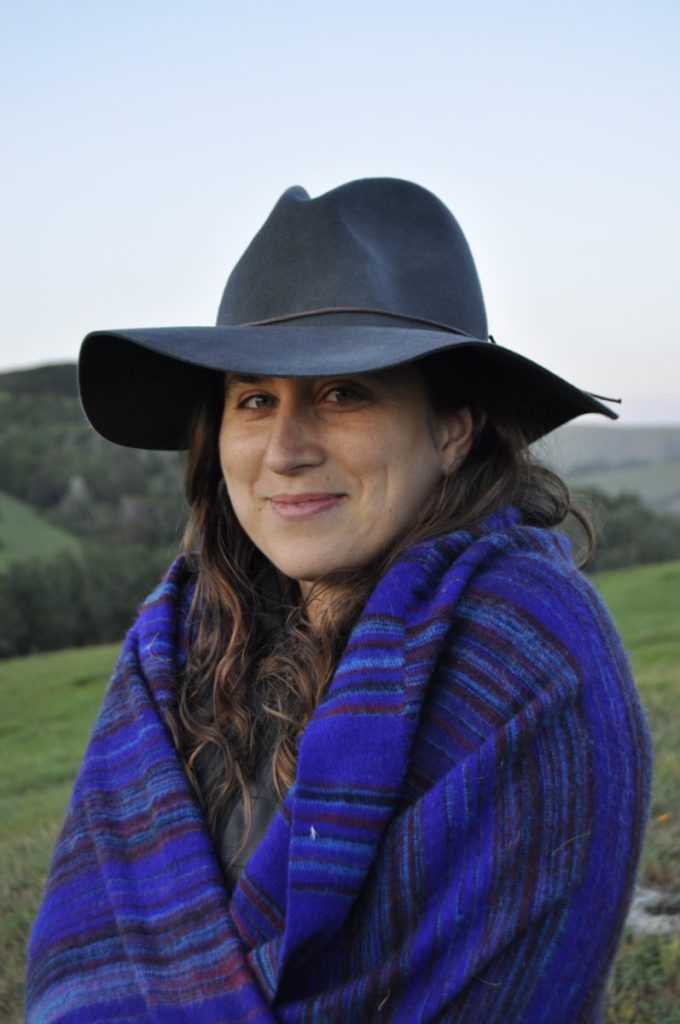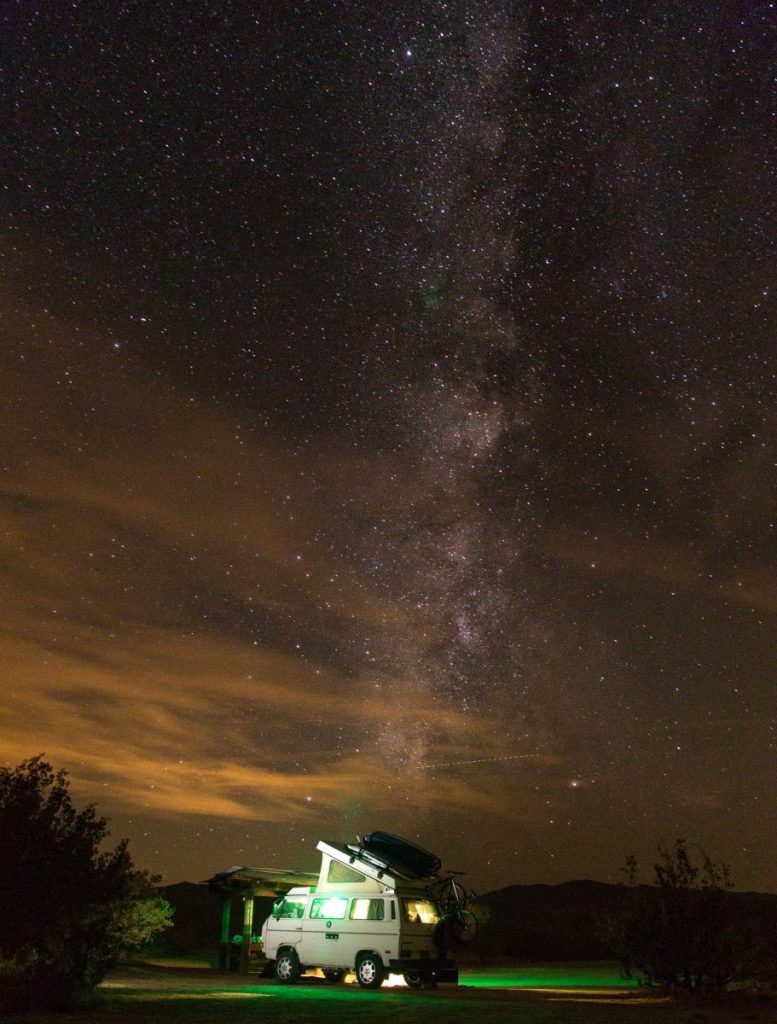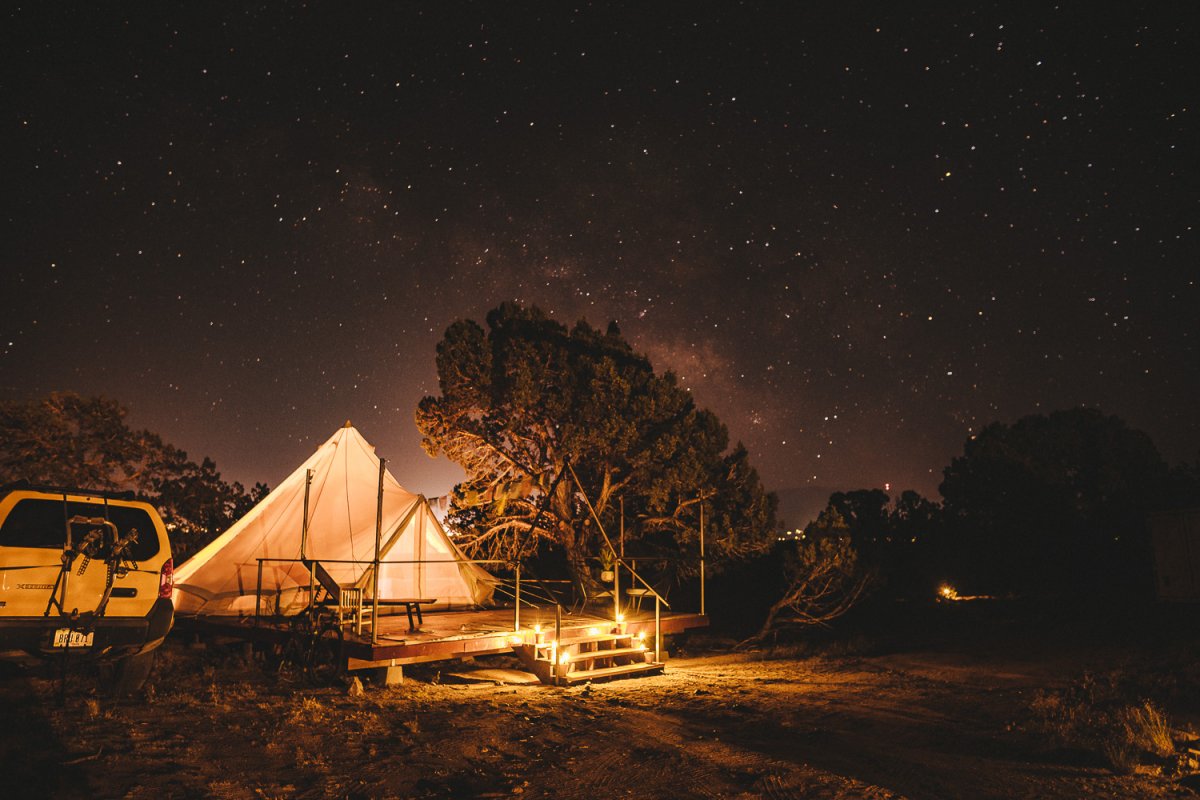For many, the pandemic inspired a newfound or reignited craving to get up close and personal with nature and (re)connect with the planet. Simultaneously, travel began to take on a different meaning, as a growing societal shift saw explorers become more intentional and mindful in their journeys. Helping this cause, Hipcamp launched in Canada in 2021, after becoming a go-to for like-minded fresh air seekers south of the border for nearly a decade.
Think of an Airbnb or concierge for meaningful outdoor experiences.
First launched in 2013 in San Francisco, Hipcamp is an online marketplace company that offers unique outdoor stays and camping experiences. Through a website and mobile app, private landowners can list campsites, glampsites, RV space, and cabins (and pretty much everything in between) for users to discover and book based on the listing type, location, landscape, activities offered, and amenities. This could mean anything from barrel cabins on an organic farm to sleeping under the stars on a pristine vineyard.


RELATED: Buying Into Canada’s Transportation Transformation
Hipcamp was birthed out of frustration in navigating the traditional camping experience. “I always camped growing up, but when I started planning my own trips, I couldn’t believe how difficult it was to find a campsite that wasn’t already reserved or closed and figure out what to do,” says Hipcamp founder Alyssa Ravasio. “I once spent many hours trying to book a campsite only to finally arrive at the one I’d chosen and discover there was an incredible surf break; I’d done so much research and no one had mentioned this incredible wave, so I didn’t bring my surfboard.”
Ravasio knew there must be a better way for campers to experience the great outdoors. So, she created Hipcamp.
More than a convenient platform for outdoor experience-seekers to make memories, however, the company is facilitating an overdue shift in the way we interact with the planet and its people. The overarching idea at Hipcamp is that the next wave of conservation relies heavily on engaging private land owners to sustainably share their properties with nature-loving travellers.
This land-sharing economy helps ensure precious land remains undeveloped so that flora and fauna can thrive and migrate naturally. By connecting landowners who want to keep their land undeveloped with Hipcamp’s community of responsible and sustainably-minded travellers, recreation can help fund conservation and support those who care for it.
“A lot of what we’re looking to change about how people think of the land is to make it a little less transactional and a bit more relational,” says Ravasio. “We all live and breathe and survive because of these ecosystems around us that are providing us with air, water, and food. I think it’s about really connecting people with that reality and building some appreciation and gratitude for, for example, all of the amazing farmers and ranchers that work so hard every day just to feed you.”
Hipcamp acts to encourage important and long overdue conversations around the land that ties into its history, conservation, and Indigenous land stewardship.

Recently, Hipcamp conducted a pilot program whereby the company started partnering land owners with a scientist and an Indigenous ecological knowledge expert. “We did this to fully teach owners about what was on their land, its history, the species who live there, and how to better steward the land,” says Ravasio. “It’s been so powerful because every single host that participated in that program made a pretty meaningful change to how they manage their land just based on understanding its unique species, habitats, and ecosystems.”
To illustrate her point, the conversation turns to a woman in Joshua Tree named Judy, who learned all about the desert tortoise and how to identify males from females thanks to the insight of the biology expert. “She now teaches all of her Hipcampers about this incredible animal’s lifespan, how long they can go without water, and how they’re endangered, you know?,” says Ravasio. “And so those campers are leaving her land pumped about the desert tortoise, which I think is amazing.”
At a time when the value of human connections is more appreciated than ever, Hipcamp acts as the starting point for a community of like-minded individuals who are invested in both enjoying and protecting the planet. And this community only continues to grow.
“Over the last decade or so, there has been a really steady year-over-year increase in [interest] of the outdoors,” says Ravasio. “The pandemic has been kind of this accelerant on this long-term trend that is only just getting started. And that’s something I’ve obviously been paying a lot of attention to. It’s something that’s really been at the back of how we’ve grown and scaled the company so quickly.”













